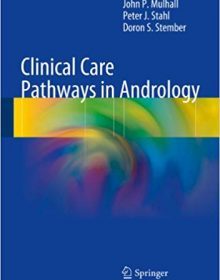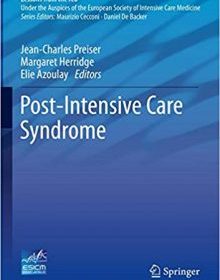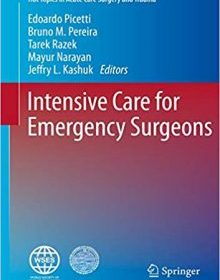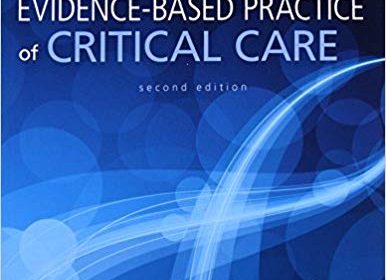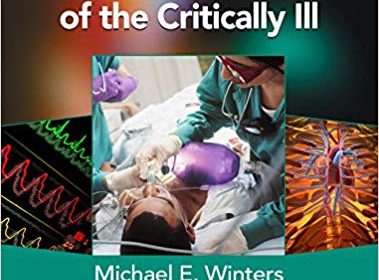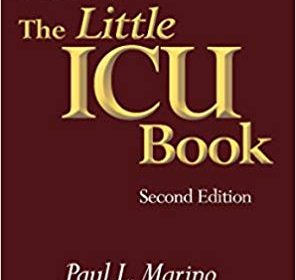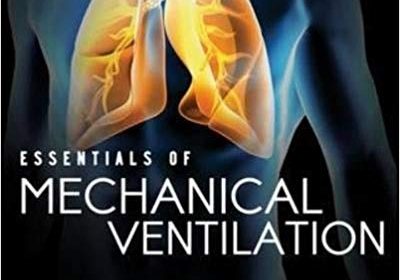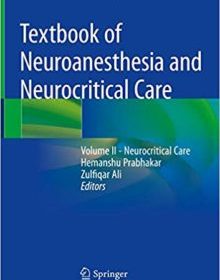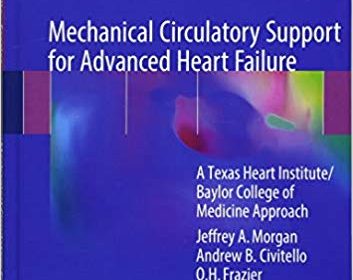Pediatric Critical Care: Current Controversies
Pediatric Critical Care: Current Controversies
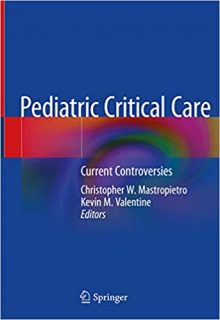
Pediatric Critical Care: Current Controversies
This volume provides an overview of the most important current controversies in the field of pediatric intensive care. Organized into sections based on organ systems, the text focuses on controversies surrounding disease processes of the cardiac, respiratory, gastrointestinal, hematologic / immunologic, endocrine, and neurologic systems. Each chapter reviews the pros and cons of specific management approaches through case studies and the most up-to-date evidence-based resources, and concludes with bulleted take-home points for ease of use.
Written by experts in the field, Pediatric Critical Care: Current Controversies is a valuable resource for intensivists, advanced practice providers, nurses, and other health care providers involved in the care of critically-ill children.
DOWNLOAD THIS BOOK
FOR MORE BOOKS VISIT EDOWNLOADS.ME

